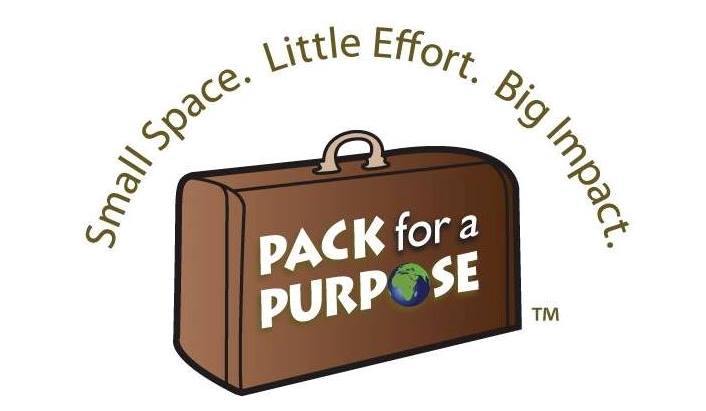Responsible Tourism
Responsible tourism aims to minimise negative impacts on the environment and maximise the positive contributions tourism can make to local communities. If left unchecked, large-scale tourism development can damage ecosystems, pollute environments and exploit local communities. But travelling responsibly is not about halting development or staying home; It is about managing travel and destinations in an environmentally and culturally responsible way, and designing tourism programs and individual trips carefully to provide travellers with the experience they seek, while leaving a positive footprint on their destination.
On-board our vessels
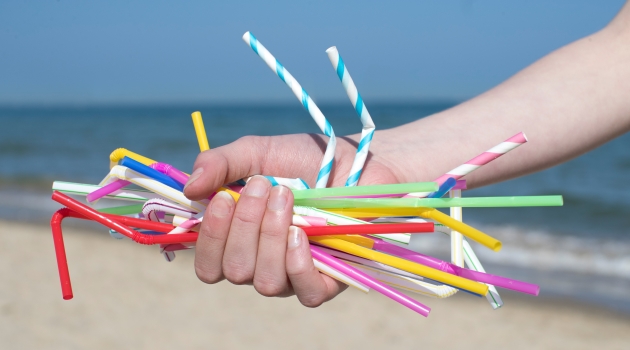
Plastic straws
We have banned straws and cocktail stirrers across our worldwide fleet. With the type of people we have working across our group, this core value is one which sparks emotion and imagination in equal measure. We are always searching for ways to improve our contribution to improving and sustaining the environment; this is just one small step of many to come.
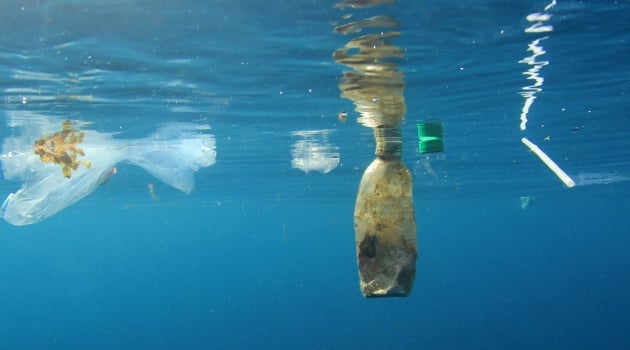
Plastic bottles
All single-use plastic water bottles have been removed throughout our fleet. This means that ALL 500ml personal water bottles and 1.5L shared meal bottles are no longer used or offered on board, although there are plenty of drinking glasses available to use. We invite you to become part of the solution in fighting the growing plastic problem by bringing your own personal water bottle with you on your holiday. If you don’t yet own one, we also have reusable, Master Liveaboards branded water bottles available to purchase on board, if required.
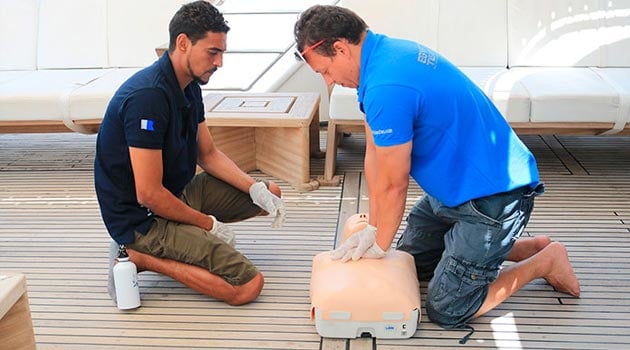
Supporting communities
We have built-up dedicated relationships with local providers for food supplies, scuba diving services, marine mechanics, merchandise production, laundry and ground services, providing a reliable income stream to support their business growth. We train all of our staff, not only within their designated job roles, but also in scuba diving, search, rescue and emergency procedures.
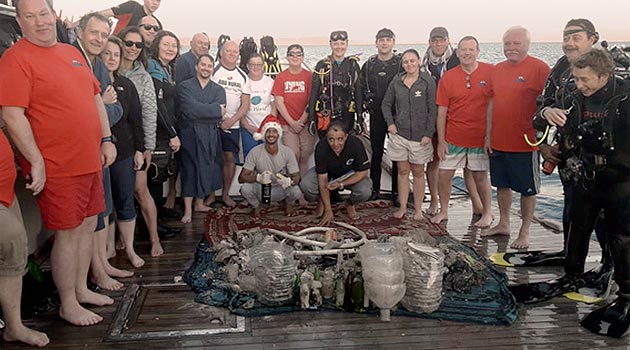
Clean up dives
All our boats are equipped with basic clean up kits, including net bags and gloves so we can now offer a clean up dive on the last day of each safari we do all year around. This gives our guests the opportunity to do something positive for the environment on a regular basis – a small amount each week can make a huge difference over a year.
What you can do
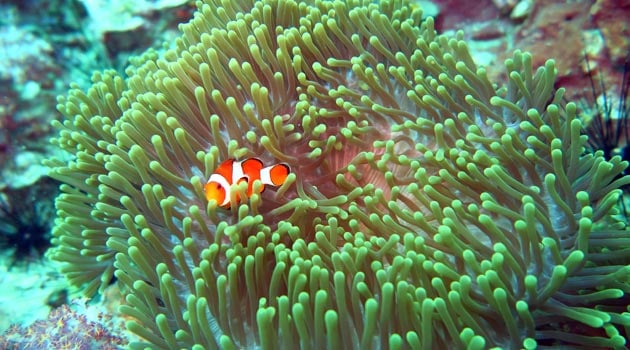
Dive carefully and respectfully
Many aquatic organisms are very delicate and even the slight contact can cause serious harm not only to them, but also to you.
Please avoid chasing, touching, feeding or handling any marine creatures. These interactions may cause stress to the animal and can interrupt their feeding and mating habits, or even result in their death.
Read our Silliest diving mistakes & wildlife blog.
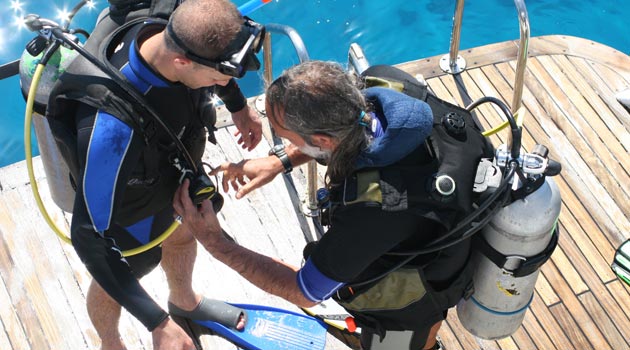
Be aware of your equipment
Control your buoyancy, ensure hoses, cylinders and other accessories are properly secured, and take care not to touch fragile organisms with your fins or other dive equipment.
When heading to the Solomon Islands, join an initiative that allows travellers like you to make a lasting impact. If you can spare just a few kilos of space in your suitcase and take supplies for area schools or medical clinics in need, you’ll make a priceless impact in the lives of the local children and their families. Visit this site to see the latest supplies that are needed.
What we are doing?
We are very pleased to announce that our fleet vessels are aiming to be completely single-use plastic-free within the coming years. We also offer trips with a focus on sustainability and marine research.
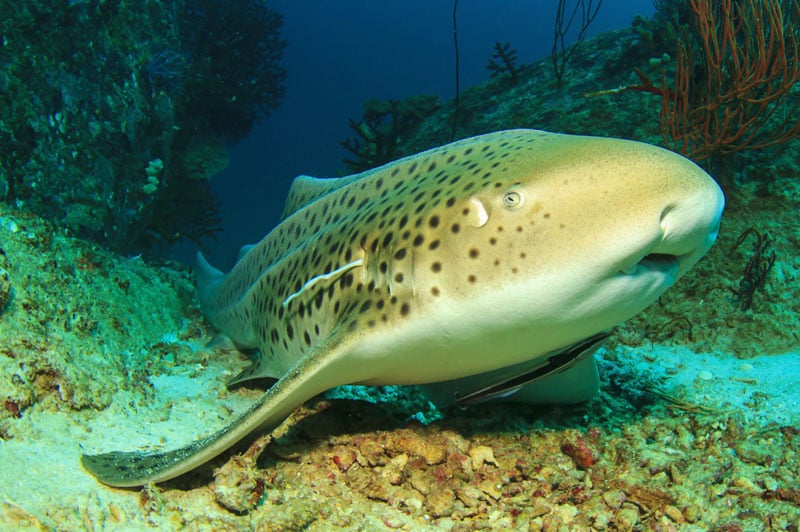
Leopard Shark Research Expeditions
We have teamed up with Oceans For All to offer ‘Leopard Shark Research Expeditions’. The aim is to to assess the current numbers of leopard sharks in the Andaman Sea.
The data our guests help to collect during the expedition provides the basis for a Conservation Petition. The aim is to add leopard sharks, also known as zebra sharks, to the list of endangered species in Thailand. Oceans For All will present this petition to the government with the ultimate goal to protect the leopard sharks and their habitat in Thailand.
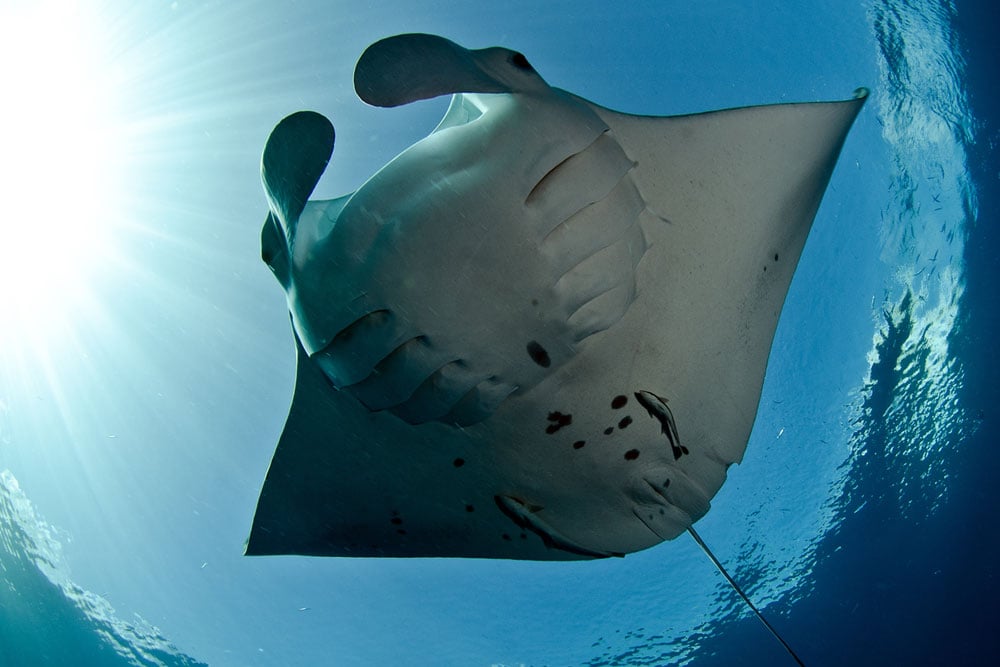
Manta Trust Expeditions
Formed in 2011, the Manta Trust is a charity that co-ordinates global mobula research and conservation efforts
Through a combination of research, education and collaboration, the Manta Trust’s mission is to conserve mobula rays, their relatives and their habitats. The team is comprised of a diverse group of researchers, scientists, conservationists, educators and media experts all working together to share and promote knowledge and expertise. Regular trips take place in Thailand and/or Myanmar, in collaboration with the Manta Trust.
Our belief is every single company on the planet should be challenging themselves in the production of unnecessary products – especially plastics. Likewise, every single person should be challenging themselves around what they are contributing to improving the plight of plastics in the oceans. Especially people who enjoy spending time on and in the ocean. Thus, we lay down the gauntlet to our customers to work with us on being responsible tourists.
Stay informed
Join the ever growing Master Liveaboards family and be the first to hear about our special offers. We’ll also keep you informed about the latest happenings from around the world and make sure you get plenty of dive travel inspiration.
